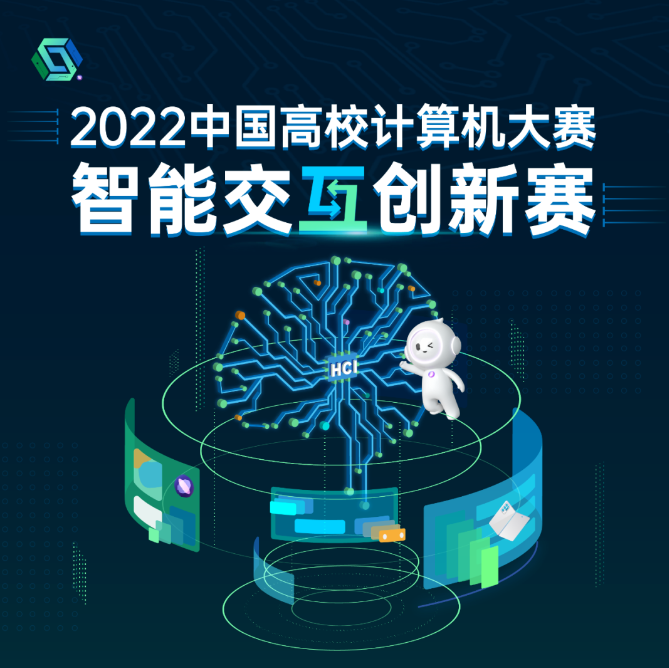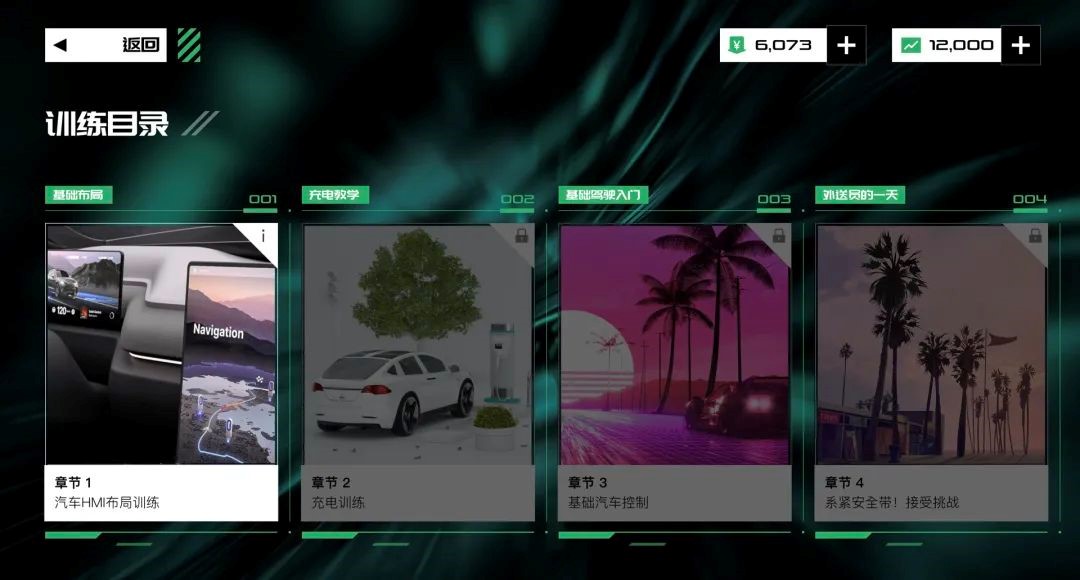
The “China Collegiate Computing Contest” has been organized by the Ministry of Education and other educational departments since 2016. It has always adhered to the concept of “serving teaching, promoting education reform, promoting integration, and leading innovation,” which has bestowed an extensive and far-reaching influence on the college community. The competition is open to college students around the world. It aims to enhance students’ next-generation technological and graphical innovation capabilities, and allows them to actively explore intelligent interaction technology of "science and technology for people," and provide new products and service experiences for future human life.
In the 2022 “China Collegiate Computing Contest,” teams from the Shanghai Jiao Tong School of Design students won a Second Prize and a Third Prize.
Second Prize
Project: Finding You: Healing My Animal Friends
Team members: SHI Yue, XU Meng, LI Kexin
Supervisor: LIU Bo
This is a gamified digital therapy app for amblyopic children age 4 to 10 years old, based on interviews with doctors who are experts in amblyopia. It summarizes two main areas of amblyopia training: fine vision training and visual stimulation training. The training content is integrated in a gamified form of drama to attract children's attention and improve the user experience during training, thus achieving better intervention results. The child will play the role of a trainee doctor who treats animals, triggering the training through small animals in the scene map. The product is designed to help develop a training habit and improve compliance by using a cyclical training pattern of one animal a day for 30 minutes a day for the 16-day treatment period after diagnosis.

Third Prize
Project: Design of an HMI adaptive training system for assisted driving scenarios
Team members: DONG Zhihao, CHEN Zilu, GAO Xiao
Supervisor: LIU Bo
In electric vehicles where driving automation systems are deployed, the question of how to effectively aid the user's mental transition from conventional fuel vehicles to electric vehicles, optimise human-vehicle interactions and improve the user's driving experience are all hot research topics today. Adaptive training as a simulation tool is widely used in various usage scenarios and helps users cope with complex and changing real-world situations. In conjunction with previous research, it has been found that there is a lack of research in the field of HMI adaptive training in assisted driving situations, and there is a lack of adaptive driving training systems for consumer terminals. In order to explore the interaction paradigm between the owner and the vehicle in future autonomous driving scenarios, this project uses multi-screen interactions as the hardware base and the Unity engine as the underlying framework of the adaptive training system. By sorting out key driving scenarios and using a user-participation tutorial, the owner can experience various emergency situations that may occur in the real environment and learn how to deal with them in advance, so as to quickly familiarise themselves with such contexts. This will enable the owner to quickly familiarise themselves with the assisted driving system, intelligent driving functions, kinetic energy recovery and other features of the electric vehicle, thus enhancing the user's driving safety.

Editor on Duty:Diwei Chen
Responsible Editor:Qianqian Jiang

